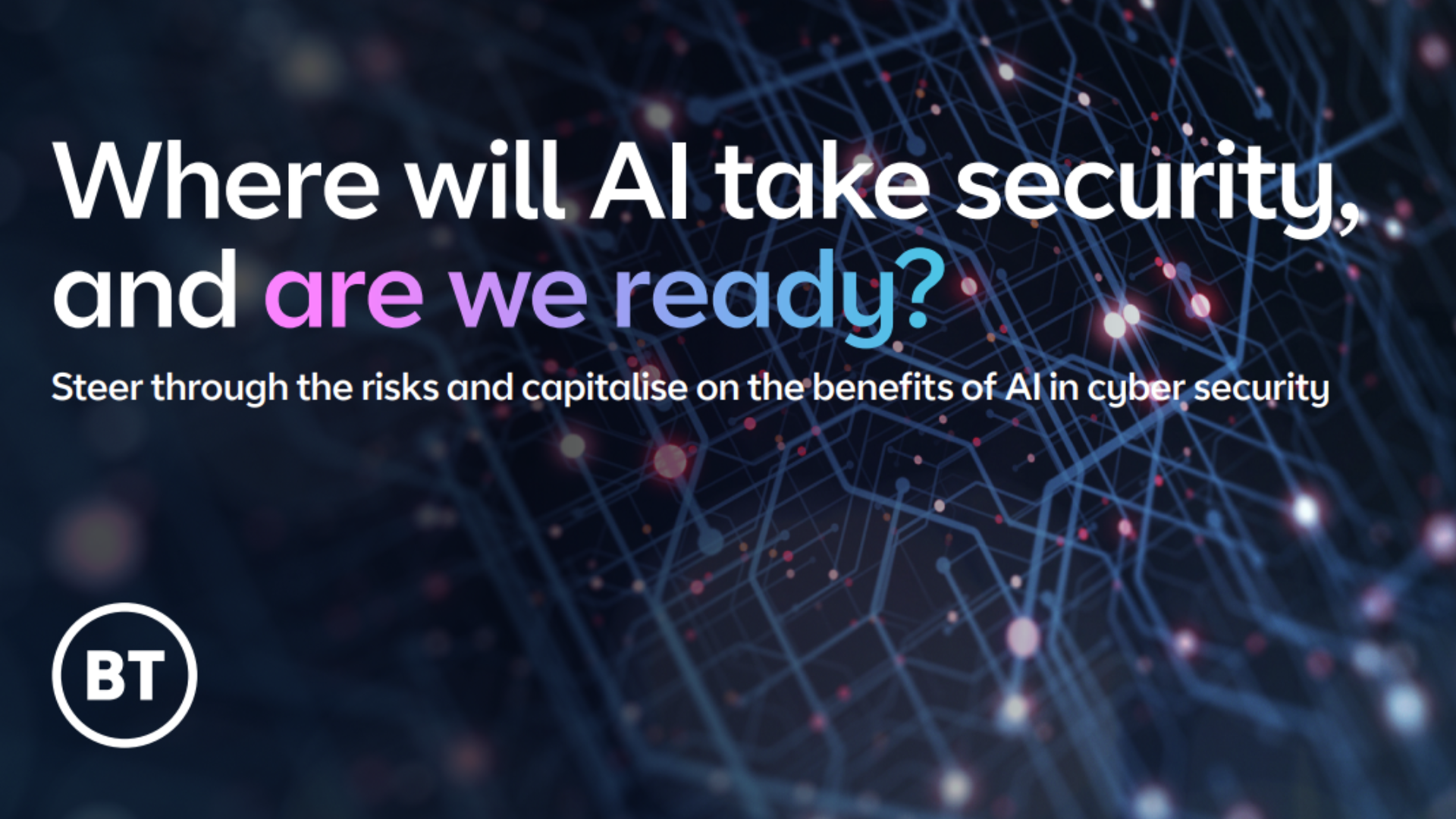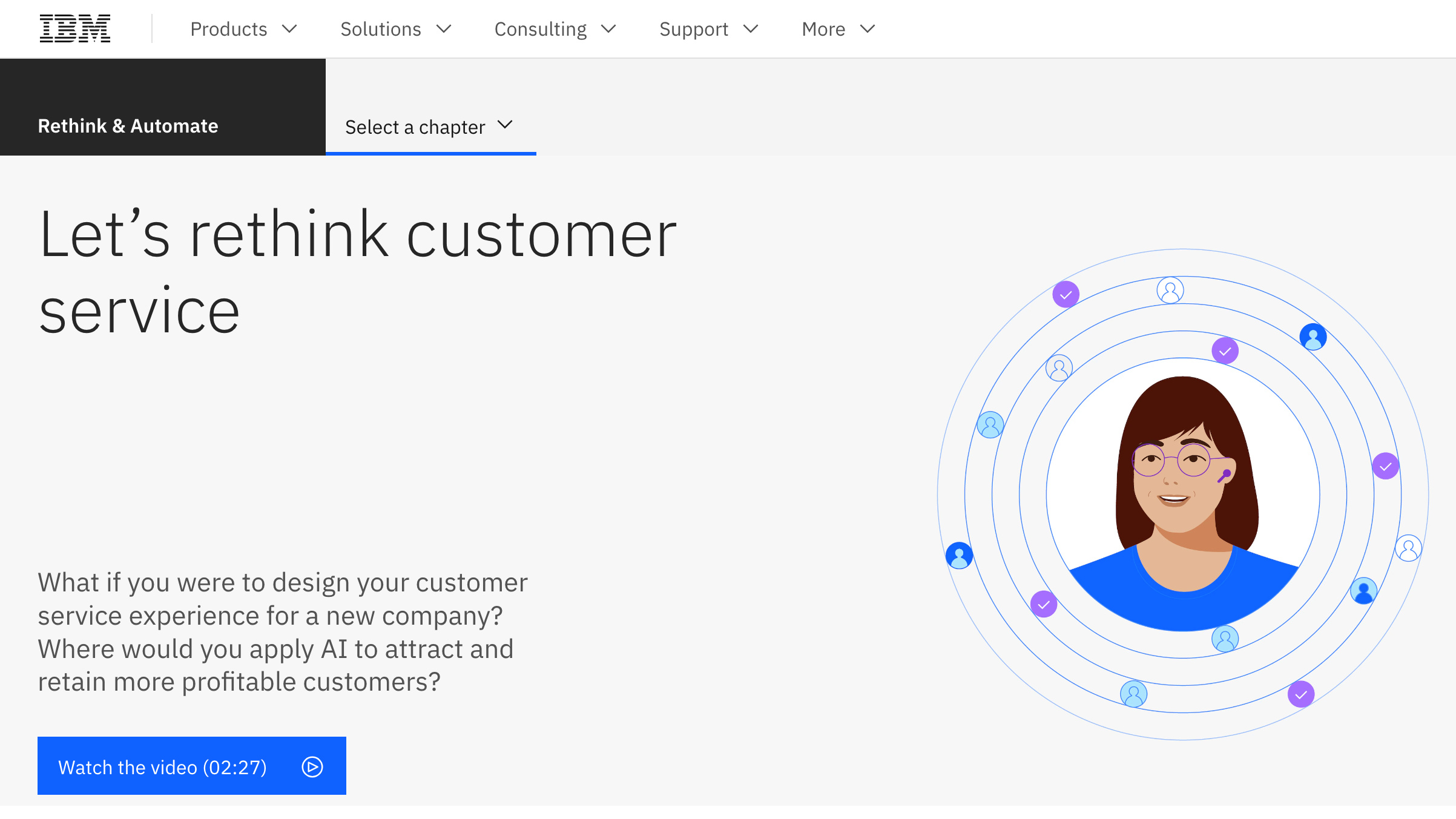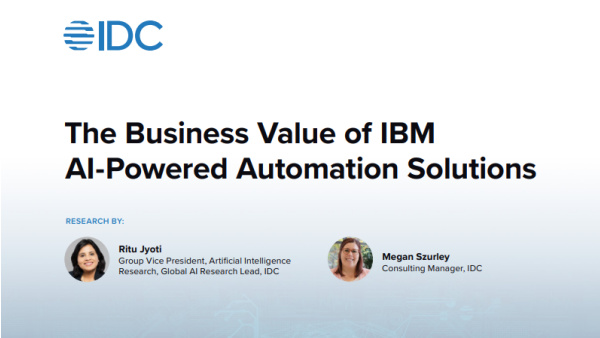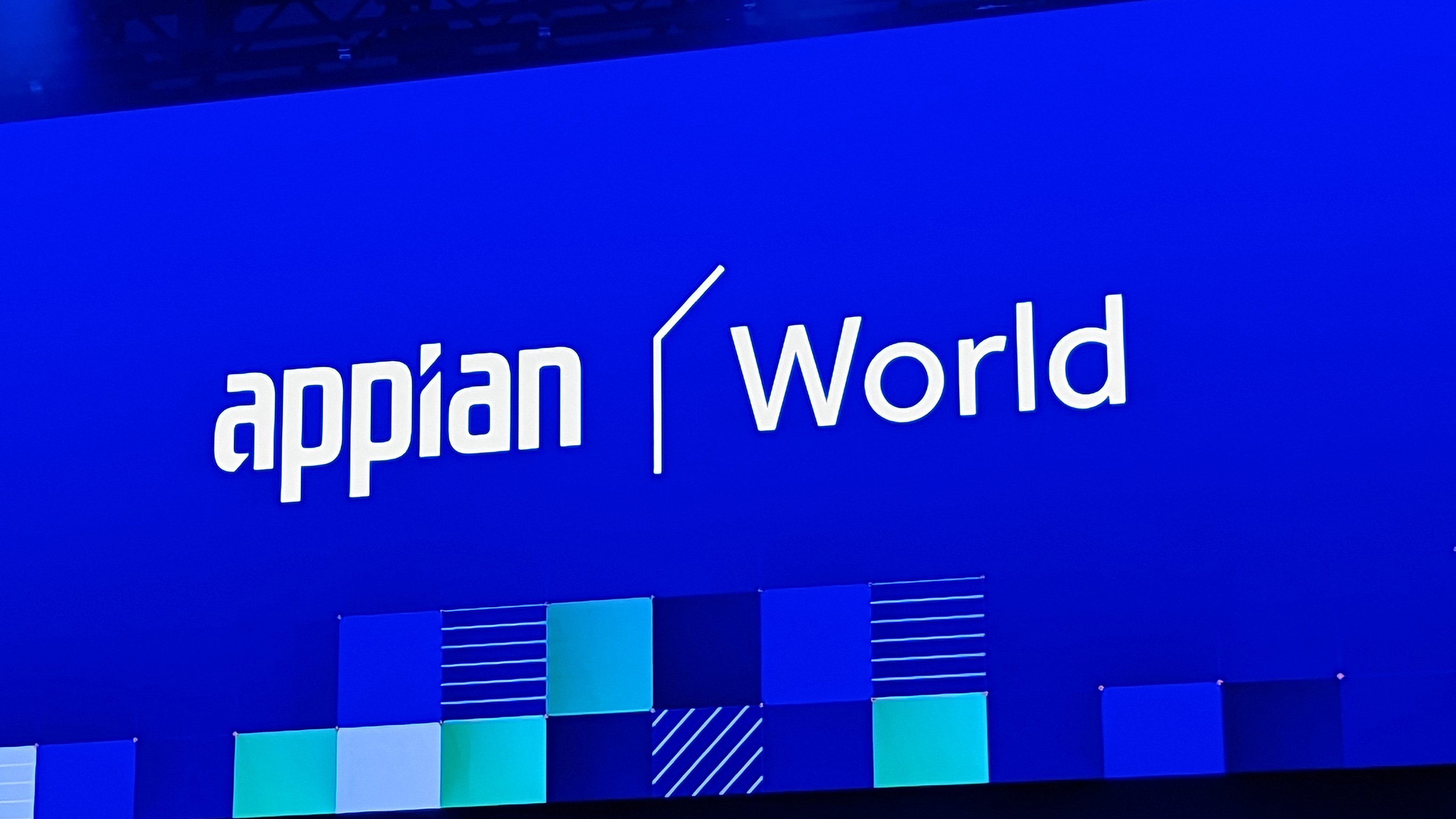London hospital to use AI to cut A&E waiting times
UCLH aims to use machine learning to help diagnose disease and streamline services

The Royal College Hospital London (UCLH) plans to use artificial intelligence to support clinical decision-making, replacing doctors and nurses in certain situations.
The hospital will work alongside The Alan Turing Institute, a government-funded data science research hub, to look at ways to make NHS services quicker, safer and more efficient, announcing a three-year partnership.
One area they will focus on is A&E, which is seen as a barometer of how the rest of the hospital and the wider system is working. It is hoped the technology can help the hospital achieve the national average waiting times of four hours, which it is currently not meeting.
"Imagine a scenario where patients present to A&E with abdominal pain. Our standard response is to check bloods, order X-rays or scans and in probably about 80% of cases, discharge for home management," said Professor Marcel Levi, UCLH chief executive.
"What, if through analysis of thousands of similar scenarios, we were able to identify patterns in the initial presentation of the 20% with serious conditions, such as intestinal perforation or severe infections? This could enable us to fast track them through to a scan and a swift diagnosis and could support clinical decision-making to manage the 80% who need no further clinical input more effectively."
Another area the partnership will look to improve is the flow of staff and patients through the hospital. Researchers at the UCLH and The Alan Turing Institute will apply AI and machine learning techniques to larger datasets on how people move through the various wards.
By analysing this data, areas that have bottleneck and congestion can be tracked and downtime in how the hospital operates can be assessed, to then work out how to improve efficiency and help patients get seen faster and more effectively.
Get the ITPro daily newsletter
Sign up today and you will receive a free copy of our Future Focus 2025 report - the leading guidance on AI, cybersecurity and other IT challenges as per 700+ senior executives
Professor Bryan Williams, director of research at UCLH NHS Foundation Trust, believes that the amount of data available to the trust could be harnessed to solve some of the service's biggest issues.
"The NHS routinely collects data that is analysed to develop research, track performance and measure outcomes but we could do so much more with the information we collect," he said.
"Imagine a world where we could use this data to develop algorithms to rule out diseases, suggest treatment plans or predict behaviour. That is more than possible with the wealth of data we have available and the expertise at The Alan Turing Institute. The partnership has the potential to tackle some of the big issues that the NHS has never been able to solve."
The news arrives in the same week as prime minister Theresa May's pledge to invest millions into helping the NHS use AI to improve early diagnosis of cancer, using patients' lifestyle and medical data to also personalise care plans.
AI relies on huge quantities of data to analyse, but the NHS has previously landed itself in hot water over sharing data for AI initiatives.
Last year the Information Commissioner's Office (ICO) ruled that a deal between Google's AI arm, DeepMind, and the Royal Free Hospital broke data protection rules by sharing 1.6 million people's data without their consent.
An independent review panel also agreed there was a "lack of clarity" in the initial data-sharing agreement.
Picture: Shutterstock
Bobby Hellard is ITPro's Reviews Editor and has worked on CloudPro and ChannelPro since 2018. In his time at ITPro, Bobby has covered stories for all the major technology companies, such as Apple, Microsoft, Amazon and Facebook, and regularly attends industry-leading events such as AWS Re:Invent and Google Cloud Next.
Bobby mainly covers hardware reviews, but you will also recognize him as the face of many of our video reviews of laptops and smartphones.
-
 Women show more team spirit when it comes to cybersecurity, yet they're still missing out on opportunities
Women show more team spirit when it comes to cybersecurity, yet they're still missing out on opportunitiesNews While they're more likely to believe that responsibility should be shared, women are less likely to get the necessary training
By Emma Woollacott
-
 OpenAI's new GPT-4.1 models miss the mark on coding tasks
OpenAI's new GPT-4.1 models miss the mark on coding tasksNews OpenAI says its GPT-4.1 model family offers sizable improvements for coding, but tests show competitors still outperform it in key areas.
By Ross Kelly
-
 Modern enterprise cybersecurity
Modern enterprise cybersecuritywhitepaper Cultivating resilience with reduced detection and response times
By ITPro
-
 Where will AI take security, and are we ready?
Where will AI take security, and are we ready?whitepaper Steer through the risks and capitalize on the benefits of AI in cyber security
By ITPro
-
 Knowing where AI fits into your business before you invest
Knowing where AI fits into your business before you investSupported Incoming generative AI costs and security concerns make strategic adoption a must
By ITPro
-
 Let's rethink customer service
Let's rethink customer servicewhitepaper Discover new ways to improve your customer service process
By ITPro
-
 The business value of IBM AI-powered automation solutions
The business value of IBM AI-powered automation solutionsWhitepaper Improved business operations, processes, and results
By ITPro
-
 Appian World: Slew of new AI tools, marketplace launched
Appian World: Slew of new AI tools, marketplace launchedNews Appian aims to make building AI models less tiresome to use and train
By Rory Bathgate
-
 Nike to take customers into the metaverse with 'NIKELAND'
Nike to take customers into the metaverse with 'NIKELAND'News Sneaker giant's virtual world has been built on the Roblox platform
By Bobby Hellard
-
 'Changing name to Meat': Industry reacts to Facebook's Meta rebrand
'Changing name to Meat': Industry reacts to Facebook's Meta rebrandNews The rebrand attempts to provide a clearer distinction between Facebook and its umbrella company
By Connor Jones